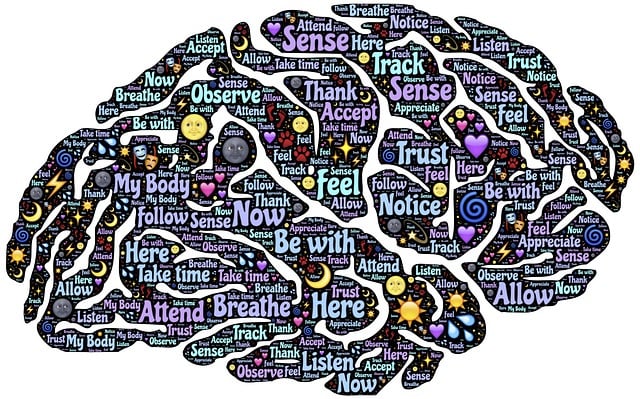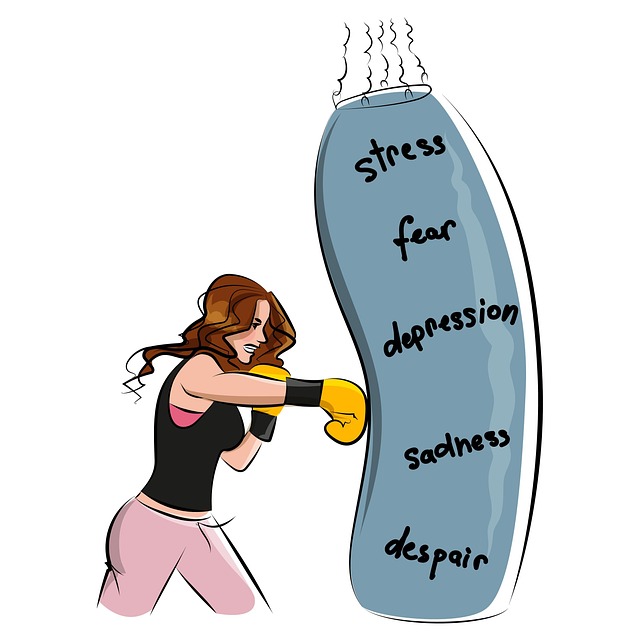Burnout among healthcare providers, especially those in therapy for children or grief counseling, is a pressing issue due to high demand and exposure to trauma. Organizations can combat burnout through proactive measures like promoting mental wellness, encouraging self-care, and offering on-site therapy services. Targeted interventions, including therapy for children and grief counseling, reduce stress and enhance patient-provider relationships. Maintaining work-life balance, incorporating mindfulness practices, and providing social skills training are effective strategies. These holistic approaches improve staff well-being, job satisfaction, and patient care quality.
Healthcare provider burnout is a growing concern, impacting not just individuals but the entire healthcare system. This article explores effective strategies to prevent burnout among medical professionals, focusing on work-life balance, self-care practices, and support systems. We delve into the critical role of professional development and discuss how therapy, including grief counseling, can foster resilience. By implementing these targeted interventions, healthcare organizations can enhance well-being and maintain a robust workforce, especially in demanding fields like pediatrics, where therapy for children plays a vital role.
- Understanding Burnout Among Healthcare Providers
- Targeted Strategies for Prevention
- – Work-Life Balance
- – Self-Care and Mindfulness Practices
Understanding Burnout Among Healthcare Providers

Burnout among healthcare providers is a growing concern as the demand for quality care continues to rise. It’s essential to recognize that this isn’t merely a personal struggle but a systemic issue impacting patient outcomes and the overall well-being of medical professionals. Healthcare providers, especially those specializing in therapy for children or grief counseling, often bear immense emotional burdens. The constant exposure to trauma and distressing situations can lead to chronic stress, affecting their mental wellness and self-esteem.
Understanding burnout involves acknowledging the physical, emotional, and psychological symptoms that manifest over time. It’s a gradual process where healthcare workers experience depersonalization, detachment from work, and reduced personal accomplishment. By implementing strategies that promote mental wellness and encourage self-care, such as therapy for children or grief counseling services within the workplace, organizations can foster an environment supportive of mind over matter principles. This proactive approach aims to enhance resilience, improve self-esteem improvement, and ultimately prevent burnout among their staff.
Targeted Strategies for Prevention

In the context of healthcare provider burnout prevention, targeted strategies play a pivotal role. Beyond general wellness programs, tailored interventions are essential to address the unique challenges faced by medical professionals. Incorporating therapy for children and grief counseling services can significantly mitigate stress levels, especially in high-pressure settings like pediatric care. These specialized therapies not only support mental health awareness but also foster resilience among healthcare providers.
Additionally, trauma support services and empathy building strategies are game changers in preventing burnout. By facilitating open dialogue and safe spaces for emotional expression, these initiatives enhance the overall well-being of healthcare workers. Empathy, cultivated through deliberate practices, strengthens patient-provider relationships, further underscoring the importance of integrating such strategies into healthcare systems to create a more sustainable and supportive work environment.
– Work-Life Balance

Maintaining a healthy work-life balance is an essential strategy to prevent burnout among healthcare providers. In today’s demanding medical landscape, where professionals often juggle long hours and high-stress situations, finding equilibrium becomes increasingly vital. Healthcare workers can combat fatigue by setting clear boundaries between their professional and personal lives. This may involve establishing fixed work hours, prioritizing self-care activities, and delegating tasks whenever possible to avoid excessive workload.
A balanced lifestyle allows individuals to recharge and maintain their mental well-being. Incorporating stress-reducing practices such as exercise, meditation, or engaging in hobbies outside of work can significantly enhance resilience. Furthermore, seeking professional support through therapy for children or grief counseling can aid healthcare providers in managing emotional challenges. In the context of Mental Health Policy Analysis and Advocacy, promoting work-life balance is a key component to reducing burnout rates and improving overall mental health within the medical community.
– Self-Care and Mindfulness Practices

Burnout among healthcare providers is a growing concern, but incorporating self-care and mindfulness practices can offer much-needed relief. These strategies empower professionals to prioritize their well-being, fostering resilience against the demands of their jobs. Practices such as meditation, deep breathing exercises, yoga, and other relaxation techniques have been shown to significantly reduce stress levels and improve mental health awareness among healthcare workers.
Incorporating therapy for children, including grief counseling, can also play a vital role in burnout prevention. Recognizing and addressing the emotional toll of their work is essential. Social skills training and mind over matter principles further enhance these practices by teaching coping mechanisms, stress management strategies, and fostering positive thinking. These holistic approaches not only mitigate burnout but also improve overall job satisfaction and effectiveness in providing quality patient care.
Healthcare provider burnout is a pressing issue, but with targeted strategies, it can be effectively addressed. By prioritizing work-life balance and incorporating self-care practices such as mindfulness and therapy (including grief counseling), healthcare professionals can mitigate stress and enhance their well-being. These simple yet powerful tools empower providers to better serve patients while maintaining a sustainable career.














